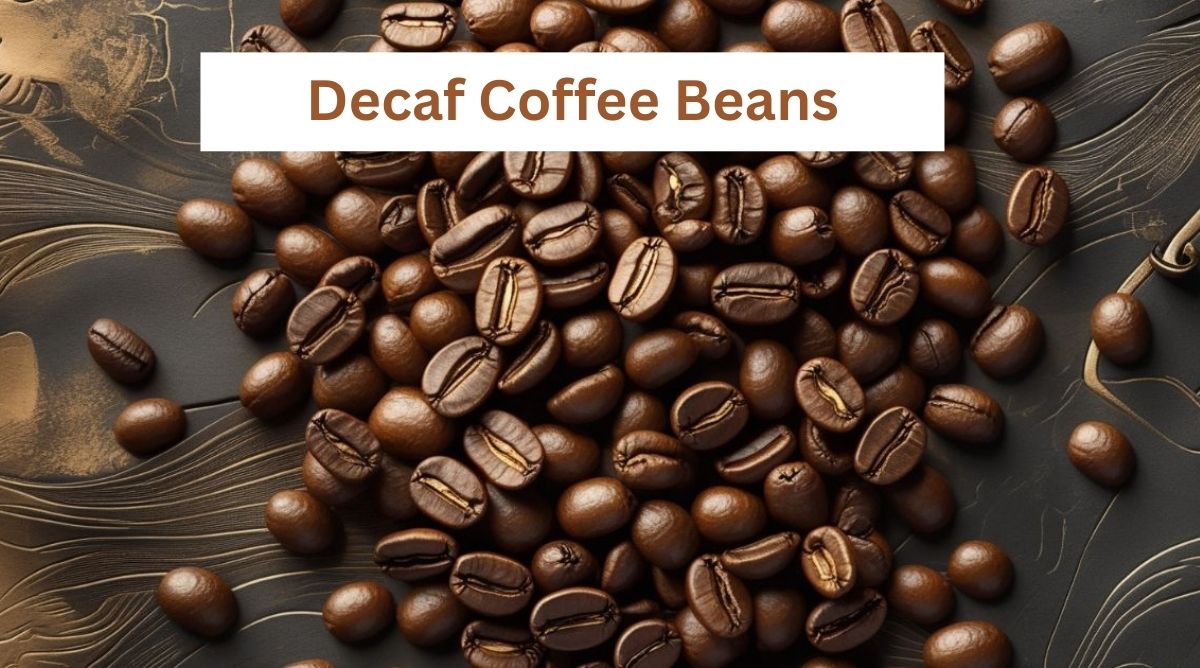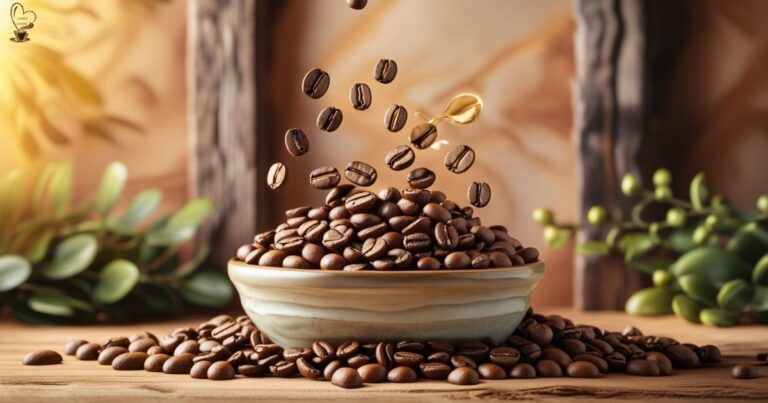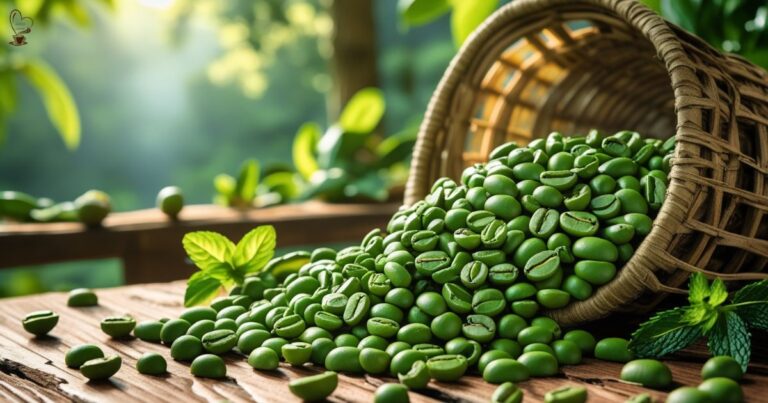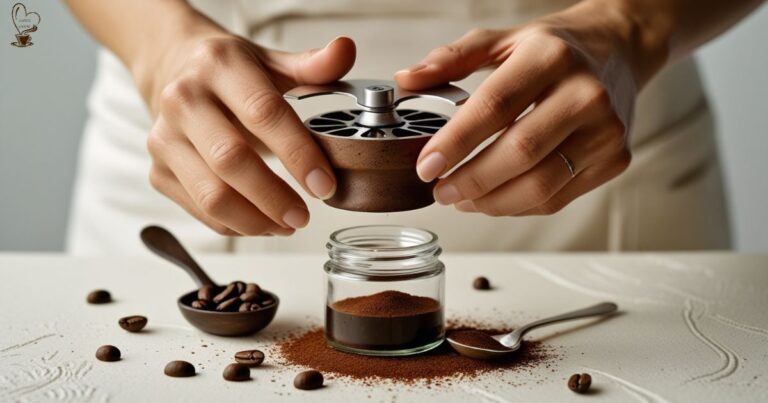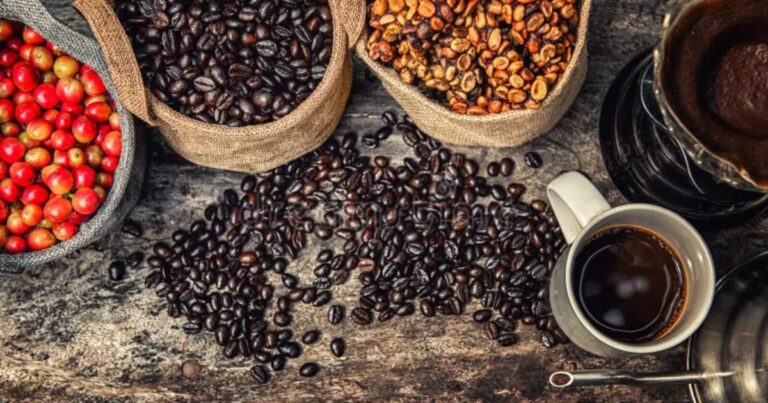Decaf Coffee Beans: A Healthier Option You’ll Love
If you think decaf coffee is just for those looking to avoid caffeine, think again! This misunderstood beverage has a rich history and a unique appeal that goes beyond its low caffeine content. We’ll discuss the fascinating journey of decaf from bean to cup, its potential health advantages, and tips for selecting the best options available. Prepare to discover how decaf can fit seamlessly into your lifestyle while still satisfying your coffee cravings.
Is Decaf Coffee Bad for You?
This is a common question that arises when people consider switching to caffeine-free drinks. The short answer is no, but it depends on the method of decaffeination. Most decaf coffee beans are processed to remove most of the caffeine.
It’s made by removing most of the caffeine from the beans, typically using a water-based process or solvents. The result is a cup that still delivers the deep, roasted flavor we love but with much less of a stimulating kick.

This process leaves behind antioxidants and other nutrients. These beneficial compounds remain in the beans, giving you a healthier coffee option. However, some decaffeination processes use chemicals that could raise concerns for certain health-conscious individuals.
The Swiss Water Decaf coffee method uses water and activated charcoal to remove caffeine. This makes it a cleaner and safer option than chemical methods. It’s ideal for those seeking a natural and organic coffee experience.
Caffeine-free coffee is generally safe for most people. However, it is essential to select high-quality, well-processed options for optimal results.
How Much Caffeine in Decaf Coffee?
A common misconception is that decaffeinated coffee contains no caffeine. In reality, it is never completely caffeine-free. On average, an 8-ounce cup of decaf coffee contains around 2-5 milligrams of caffeine, compared to 95 milligrams in a regular cup of coffee.

How Much Caffeine in Decaf Coffee?
While that’s a significantly lower amount, it’s enough to give you a mild lift without causing the usual caffeine-induced side effects like jitters or insomnia.
If you’re worried about caffeine, decaf is a great alternative. It’s perfect for those sensitive to caffeine. Decaf instant coffee has even less caffeine. It’s a convenient option for a low-caffeine lifestyle.
Does Decaf Coffee Have Caffeine?
As mentioned earlier, this does not contain a small amount of caffeine, but it’s much less than regular coffee. On average, a cup of decaf iced coffee will have just a fraction of the caffeine found in a typical iced coffee drink. This makes it a perfect choice for individuals who want to enjoy the flavor of coffee without the full caffeine impact.

It’s also important to remember that decaf coffee beans come from the same plant as regular coffee. That is why they still retain some of the natural compounds that contribute to coffee’s signature taste and aroma. So, while the caffeine content is minimal, the rich flavor profile remains intact.
Organic Decaf Coffee: A Healthier Choice
For those seeking the cleanest, healthiest option, organic decaf coffee is an excellent choice. Organic decaf beans are grown without the use of synthetic pesticides, fertilizers, or harmful chemicals. This means you’re not only reducing your caffeine intake. However, you’re also choosing a coffee that’s better for the environment and your health.
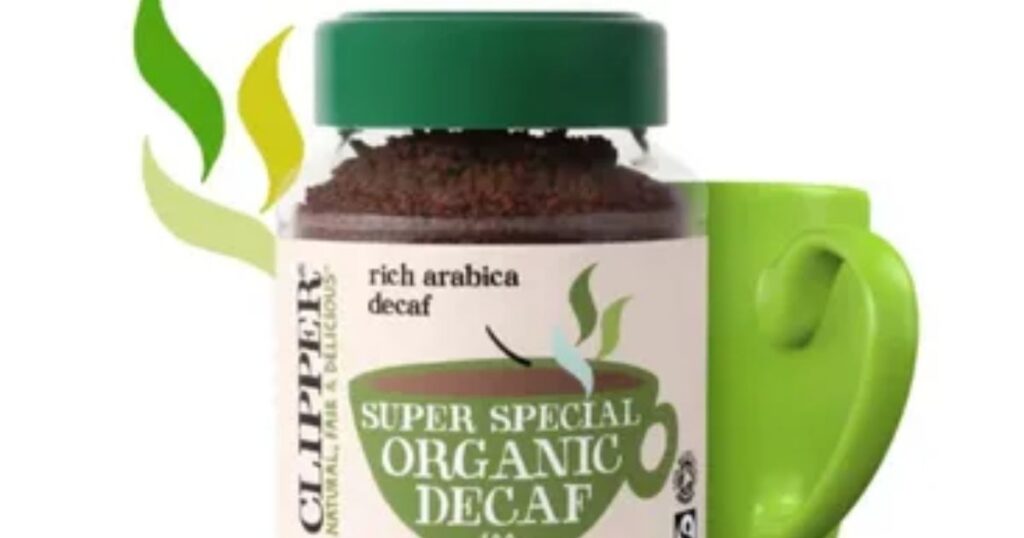
Organic decaf coffee beans often undergo natural decaffeination processes like the Swiss water method, further ensuring that no harmful chemicals are involved. When you choose this kind of coffee, you’re opting for a more sustainable and health-conscious product, making it the ideal choice for eco-friendly coffee lovers.
Is Decaf Coffee a Diuretic?
Another interesting question that many people ask is, “Is it a diuretic?” While regular coffee is a mild diuretic due to its caffeine content, decaf coffee is generally not considered a diuretic. Since this has such a low caffeine level, it doesn’t have the same diuretic effect that regular coffee does.

This makes decaffeinated coffee a more suitable option for those who are sensitive to caffeine’s diuretic properties or for those who prefer to stay hydrated without constantly running to the bathroom. So, if you’re looking to enjoy your cup of joe without the worry of dehydration, decaf could be the way to go.
Decaf Coffee Pods: Convenience Meets Flavor
For coffee lovers who value convenience, decaf coffee pods are a great option. Simply pop in the pod and enjoy a delicious cup of decaffeinated coffee. It’s perfect for busy mornings or late-night cravings. Folders decaf coffee pods are a popular choice. They offer a balanced, flavorful cup without the caffeine.
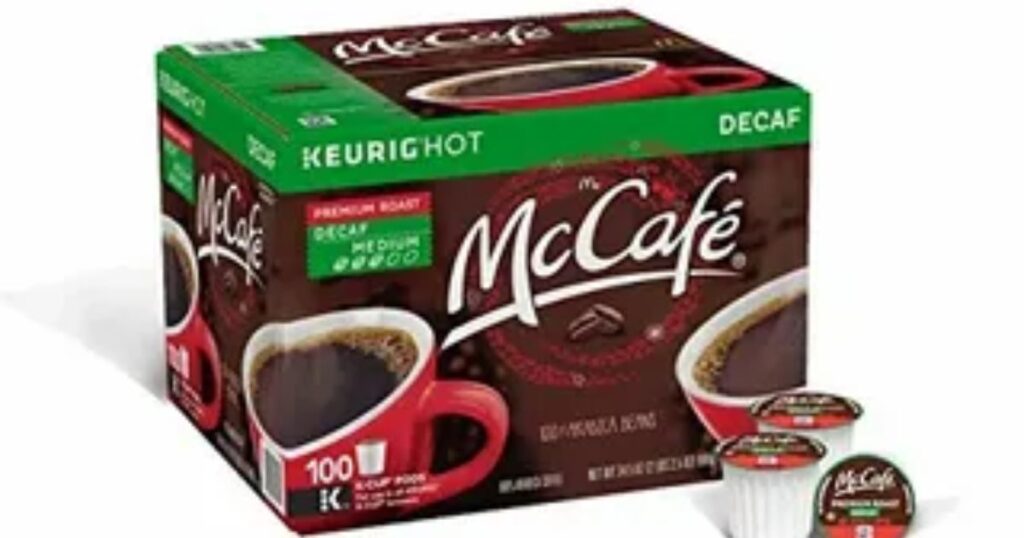
The rise of decaf coffee pods has made it even easier for coffee lovers to choose a healthier, low-caffeine alternative. Whether you’re at home or in the office, the convenience of pods means you can enjoy a satisfying coffee break with minimal effort.
Conclusion
Decaf coffee offers a delightful alternative for those who love the rich flavors of coffee but wish to avoid caffeine’s stimulating effects. It allows coffee enthusiasts to savor their favorite beverages at any time of day without worrying about disrupting their sleep or increasing anxiety levels.
With advancements in decaffeination methods, the taste and aroma of decaf have significantly improved, making it an enjoyable choice for many. Whether you’re looking to reduce your caffeine intake for health reasons or simply prefer the comforting ritual of a warm cup, decaf coffee can be a perfect fit.
Can Coffee Beans be Decaf?
Yes, coffee beans can be decaf. Decaf coffee is made by removing caffeine from green, unroasted coffee beans. This process ensures the beans retain their flavor without the caffeine content.
Is Decaffeinated Coffee Healthy?
Drinking decaffeinated coffee offers several health benefits, including promoting longevity and reducing the risk of certain cancers. It contains antioxidants that may help protect against disease. Overall, decaf coffee can be a healthy addition to your diet.
How Does Decaf Coffee Taste?
Decaf coffee has a creamy and rich flavor with subtle citrus and chocolate notes. It offers a smooth taste that can vary from sweet to slightly bitter. Overall, it’s a well-rounded, satisfying experience.
Why Do People Drink Decaf?
Yes, you can add milk to espresso. Typically, 2-3 ounces of steamed milk is added to balance the intensity. This creates a smoother, more casual coffee experience
Is Decaf Coffee 100% Caffeine Free?
Decaf coffee is not completely caffeine-free. It still contains trace amounts of caffeine. However, the levels are significantly lower than regular coffee.
Is Nescafé Decaf Really Caffeine-Free?
No, Nescafé Decaf isn’t entirely caffeine-free. While it’s decaffeinated, it still contains trace amounts of caffeine. The amount is minimal but varies depending on the brand and brewing method.

